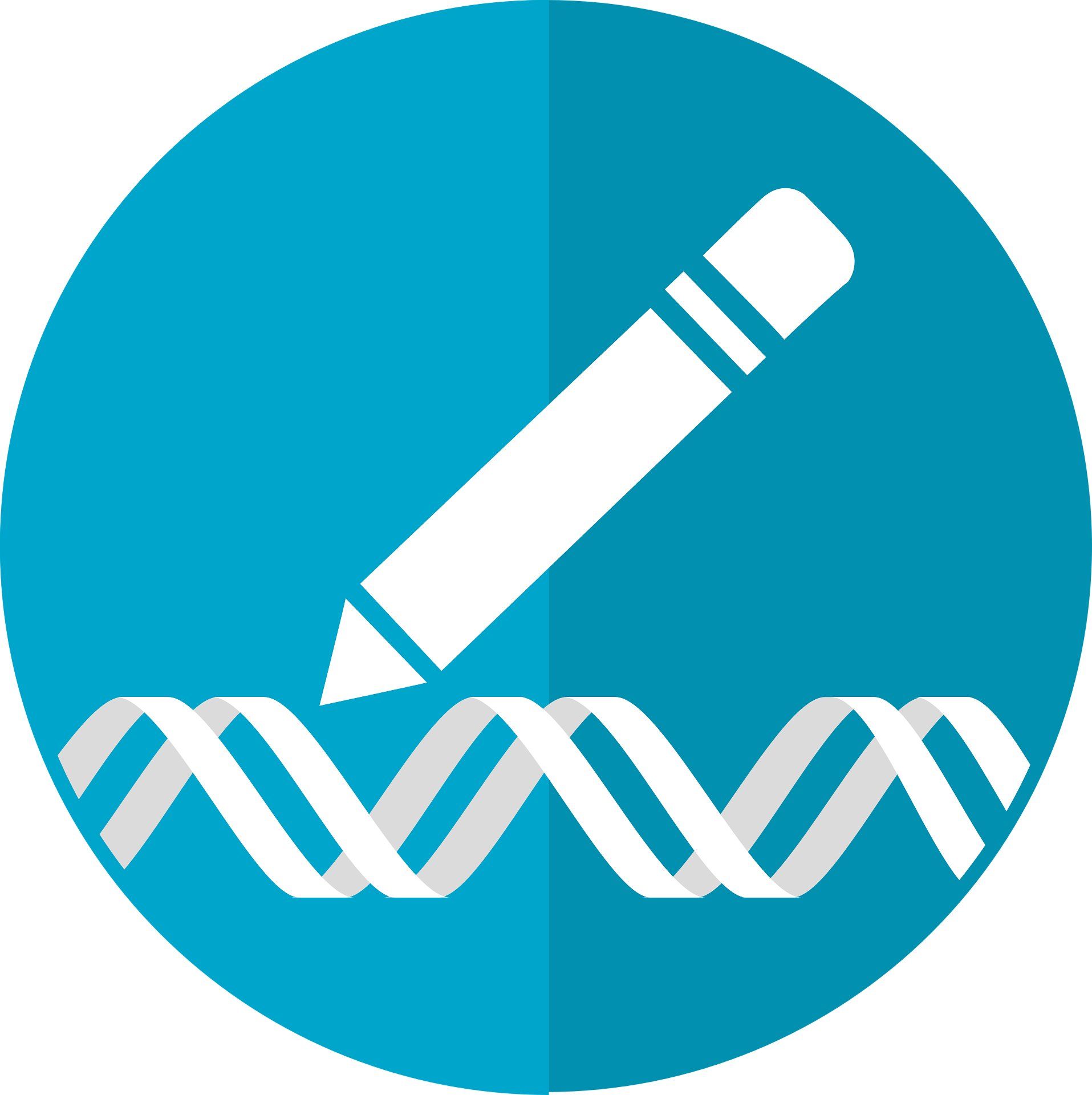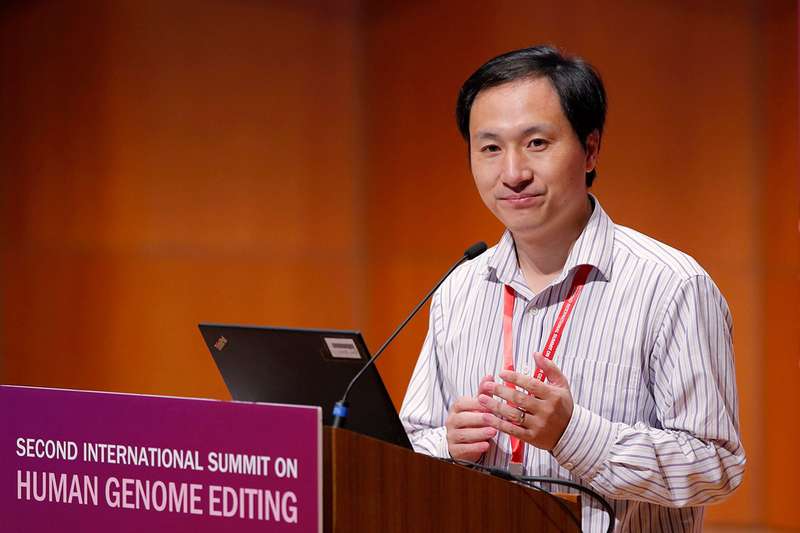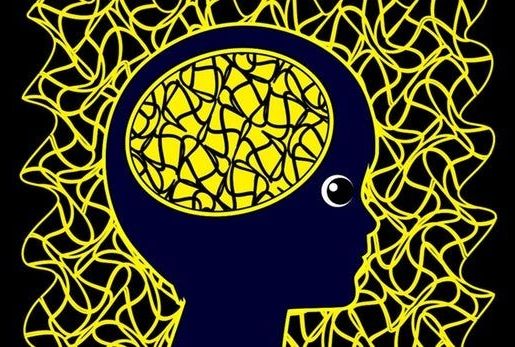Archive for the ‘genetics’ category: Page 408
Nov 30, 2018
New research could fine-tune the gene scissors CRISPR
Posted by Genevieve Klien in categories: bioengineering, biotech/medical, genetics
The introduction of the gene editing tool CRISPR in 2007 was a revolution in medical science and cell biology. But even though the potential is great, the launch of CRISPR has been followed by debate about ethical issues and the technology’s degree of accuracy and side effects.
However, in a new study published in Cell, researchers from the Novo Nordisk Foundation Center for Protein Research have described how Cas12a, one of the CRISPR technologies, works at the molecular level. This makes it possible to fine-tune the gene-editing process to achieve specific desired effects.
“If we compare CRISPR to a car engine, what we have done is make a complete 3D map of the engine and thus gained an understanding of how it works. This knowledge will enable us to fine-tune the CRISPR engine and make it work in various ways—as a Formula 1 racer as well as an off-road truck,” says Professor Guillermo Montoya from the Novo Nordisk Foundation Center for Protein Research.
Nov 30, 2018
Syfy’s Nightflyers asks whether humanity deserves to be saved
Posted by Derick Lee in categories: bioengineering, genetics, neuroscience, space travel

Showrunner Jeff Buhler has built a fascinating world around Martin’s story seeds, starting by setting the action within the foreseeable future, rather than in an incomprehensibly distant one. The invented technologies here are particularly intriguing, like the genetic modifications first officer Melantha Jhirl (Jodie Turner-Smith) has to make her better suited for space travel, or the cybernetics technician Lommie (Maya Eshet) uses to interface with machinery. Given the state of real-world technological developments in genetic engineering and research into brain-machine interfaces, the series feels plausible and grounded, even though it’s set in a spacefaring future.
The 10-episode space series adapts a 40-year-old George R.R. Martin novella.
Continue reading “Syfy’s Nightflyers asks whether humanity deserves to be saved” »
Nov 29, 2018
Would I Want a Designer Baby?
Posted by Steve Hill in categories: bioengineering, biotech/medical, genetics
A couple of days ago, news about the first designer babies has shaken the world. A Chinese researcher, Jiankui He, and his team at the Southern University of Science and Technology of China have been recruiting couples in order to create the world’s first babies with artificially increased resilience to HIV. The embryos were modified using the CRISPR/Cas9 gene editing tool before being implanted in their mother.
According to the research lead, the twins were born healthy a few weeks ago, and genetic testing performed after they were born confirmed that the editing had actually taken place. While the academic community discusses whether it is acceptable or not to modify human genes, taking into account that the changes made will be inherited by these babies’ offspring and are now added to mankind’s genetic pool, I want to share my own views on designer babies.
Nov 29, 2018
A second CRISPR pregnancy is already under way, claims Chinese scientist
Posted by Klaus Baldauf in categories: biotech/medical, genetics
A woman is already pregnant with the next CRISPR baby, according to He Jiankui, the Chinese scientist who claims to have already created the world’s first genetically edited babies.
Bombshell: He made the claim about the early-stage pregnancy on the second day of an international gene-editing summit at the University of Hong Kong. “There is another one, another potential pregnancy,” he said on stage. He defended his work, saying he feels “proud” to have used gene-editing techniques to make the twin girls HIV resistant. “This is not just for this case, but for millions of children. They need this protection. [An] HIV vaccine is not available,” he said.
Irresponsible: After his presentation, He was quizzed by audience members about his work. Nobel laureate David Baltimore said that proceeding with germ-line editing in this way was “irresponsible” and criticized He for not being more open. “I think there has been a failure of self-regulation by the scientific community because of the lack of transparency,” he said. It also emerged that none of He’s presentation slides had contained information about the implanted embryos—or the babies—when they were submitted to the conference organizers.
Continue reading “A second CRISPR pregnancy is already under way, claims Chinese scientist” »
Nov 28, 2018
Antibiotics eliminate senescent cells associated with ageing
Posted by Nicholi Avery in categories: biotech/medical, genetics, life extension
Antibiotics have emerged as potentially lifespan-enhancing drugs, according to the results of new research carried out in the UK.
Genetic experiments that eliminate “senescent” cells – older cells, which lose the ability to divide – have already been proven to alleviate age-related dysfunction in model organisms.
Now, scientists have shown for the first time that an FDA-approved antibiotic – Azithromycin – can effectively target and eliminate senescent cells in culture.
Continue reading “Antibiotics eliminate senescent cells associated with ageing” »
Nov 28, 2018
300 Million Letters of DNA Are Missing From the Human Genome
Posted by Genevieve Klien in categories: biotech/medical, genetics
Nov 28, 2018
A Scientist Explains Why The Alleged CRISPR Babies News Is More Shocking Than You Might Realise
Posted by Genevieve Klien in categories: biotech/medical, genetics
It appears that researchers in China have facilitated the birth of the first “designer baby” – actually babies, twin girls who are supposedly genetically resistant to HIV.
The scientist who created the embryos, as well as some American scientists like Harvard’s George Church, have praised the beneficent intent to producing a child who is resistant to disease.
Who could argue with such good intentions?
Nov 28, 2018
Landmark discovery uncovers first common genetic risk factors for ADHD
Posted by Genevieve Klien in category: genetics
A landmark global study has, for the first time, homed in on 12 specific genomic regions associated with attention deficit hyperactivity disorder (ADHD). The research reveals the genetic underpinnings of this highly heritable condition and suggests this discovery is only a small part of the wider genetic puzzle that makes up ADHD.
Nov 28, 2018
‘I feel an obligation to be balanced.’ Noted biologist comes to defense of gene editing babies
Posted by Genevieve Klien in categories: bioengineering, biotech/medical, genetics
Harvard University geneticist George Church says reaction to experiments has been “extreme”.
















